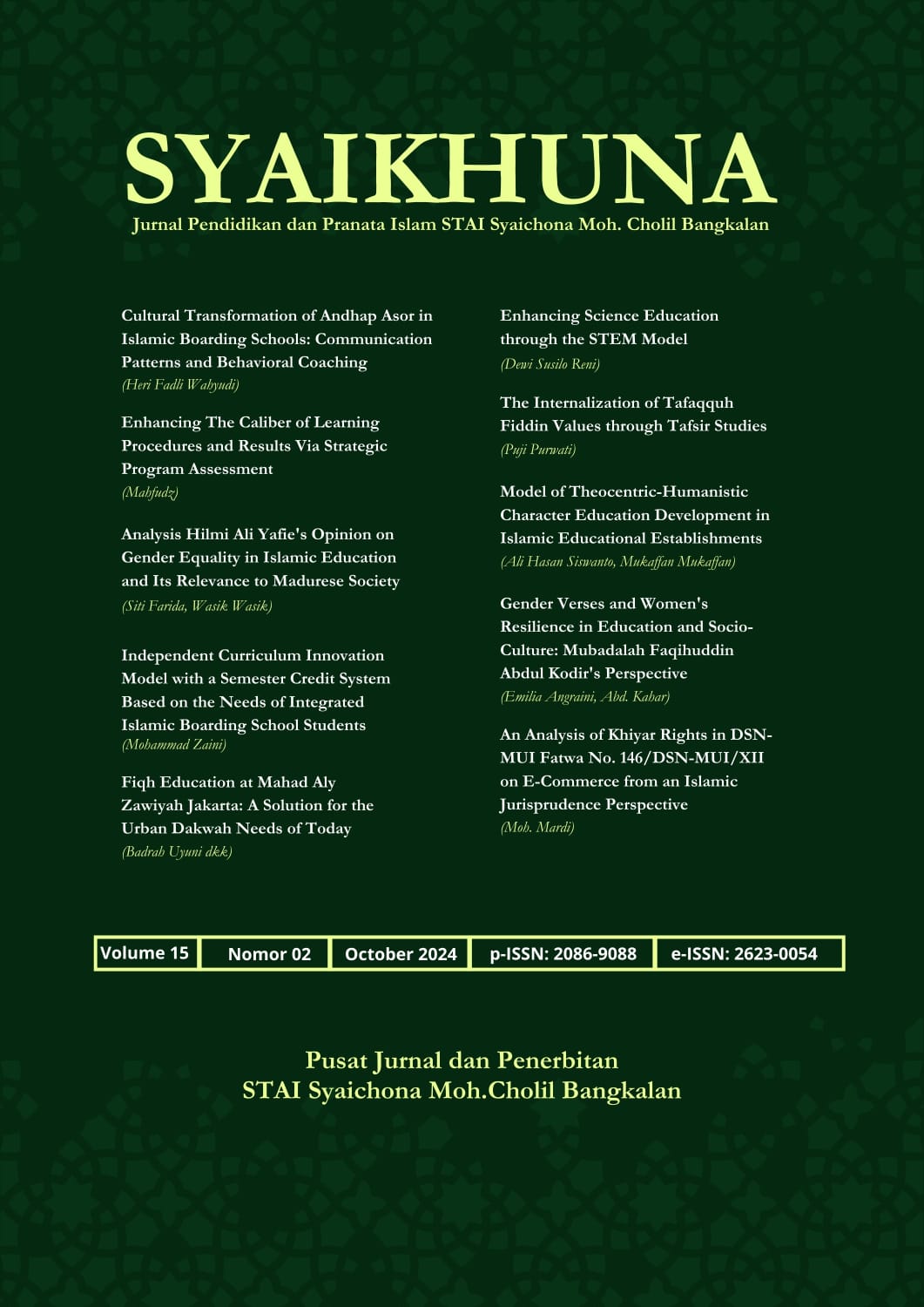Character Education Program Management in Improving Students' Social Attitudes in Junior High Schools
Abstract
education in Indonesia must be able to equip students with good social character. This study aims to find out in depth and describe the implementation of character education program management in improving students' social attitudes. This study is a descriptive qualitative study using a phenomenological approach with a field research type. The method of determining respondents is carried out with a purposive system. While the data collection technique uses four techniques, namely documentation, observation, interviews, and combination/triangulation. The data analysis technique is an interactive model with four stages, namely 1) data collection, 2) data condensation, 3) data display, and 4) conclusion drawing/verifying. The results of the study indicate that the implementation of character education program management to improve students' social attitudes in facing the era of disruption is carried out through four stages, namely planning, organizing, implementing, and supervising. At the planning, organizing and implementing stages, it has been carried out in accordance with the management function. While at the supervision stage it has not been implemented properly. Program evaluation and accountability of program implementers have not been carried out, so they do not know which ones need to be fixed and which ones need to be improved. The findings of this study are still limited to the management of character education programs, so further research is still needed regarding the effectiveness of character education programs in improving students' social attitudes.Published
2025-06-03
How to Cite
Usman. (2025). Character Education Program Management in Improving Students’ Social Attitudes in Junior High Schools. Syaikhuna: Jurnal Pendidikan Dan Pranata Islam, 15(02). Retrieved from https://ejournal.kopertais4.or.id/madura/index.php/syaikhuna/article/view/8078
Issue
Section
Articles
License
Copyright (c) 2025 Usman

This work is licensed under a Creative Commons Attribution 4.0 International License.





